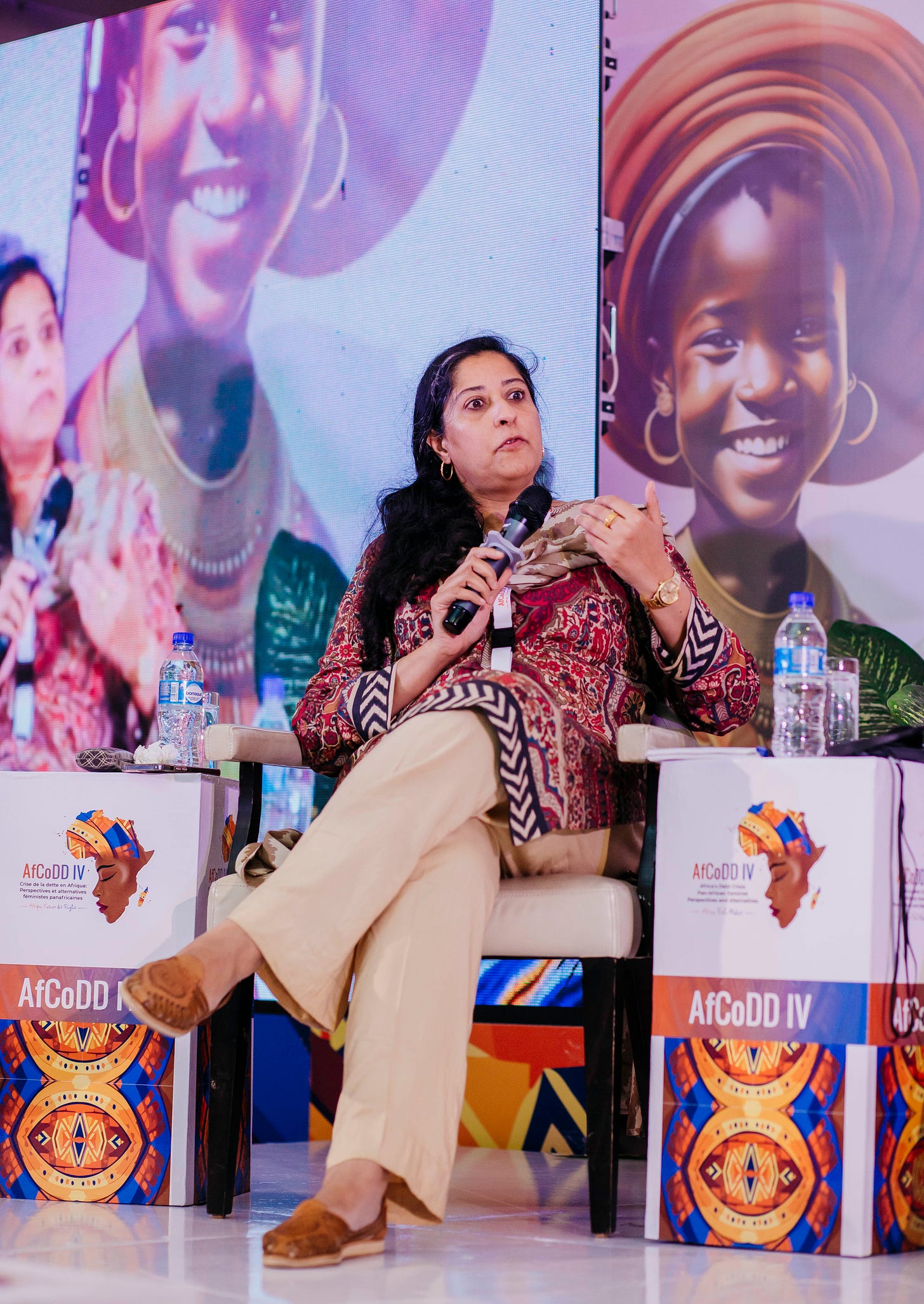IMF Surcharges Threaten African Economies, UN Expert Warns at Debt Conference
Waris also highlighted the complexities of debt negotiations, citing Zambia's struggles with creditors like BlackRock.
MAPUTO, Mozambique— A United Nations expert issued a stark warning about International Monetary Fund (IMF) surcharges at the 4th African Conference on Debt and Development on Wednesday, highlighting the potential impact on several African nations, writes Winston Mwale.
Professor Attiya Waris, UN Independent Expert on foreign debt, revealed that IMF surcharges could increase interest rates from 1% to 3% for affected countries by 2025.
"Egypt, Zambia, Angola, and now Kenya are among the African countries facing these surcharges," Waris said during the conference session on "Women in Power: Power, Politics, and Resources."
The surcharges, triggered by loan defaults, were originally set to affect 14 countries globally.
Waris noted this number has since increased to 22, raising concerns about the broader economic implications.
"Middle-income African countries, not low-income ones, are particularly at risk," Waris explained.
"This could push them down the economic ladder."
Waris emphasized the need for a human rights-based approach to debt management, particularly in light of the COVID-19 pandemic's impact on global economies.
"The pandemic has reduced countries' ability to collect taxes," she said.
"There needs to be an element of humanity in debt agreements."
The three-day conference, held from August 28-30, brings together policymakers, activists, and economists to discuss pan-African feminist perspectives on the continent's debt crisis and explore alternative solutions.
Waris also highlighted the complexities of debt negotiations, citing Zambia's struggles with creditors like BlackRock.
She called for a more nuanced understanding of state debt, arguing that infrastructure investments don't always generate immediate profits, especially during global crises.
"We need a feminist-based approach to debt issues," Waris said, urging for a collective effort to address the challenges facing African economies.




